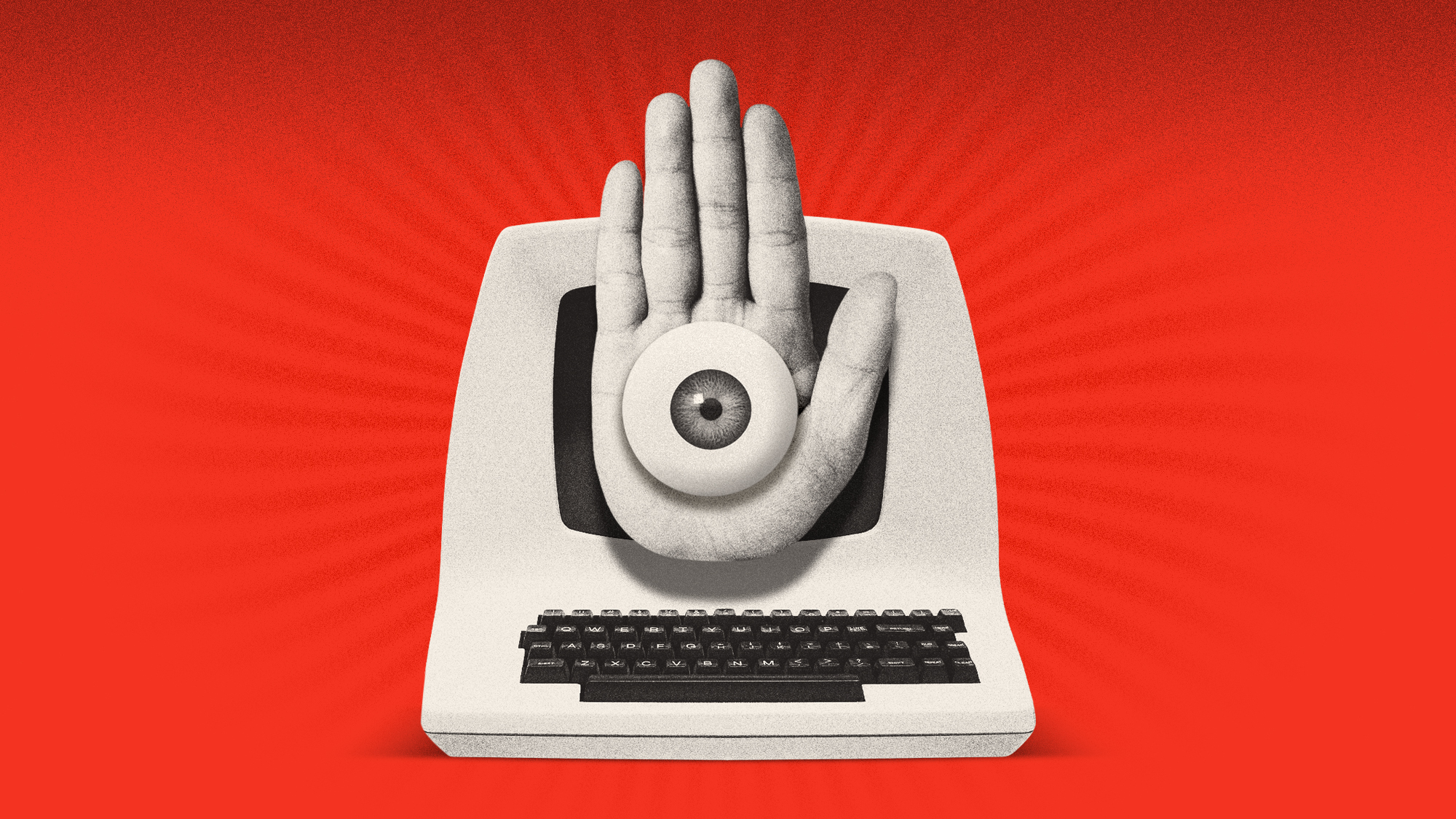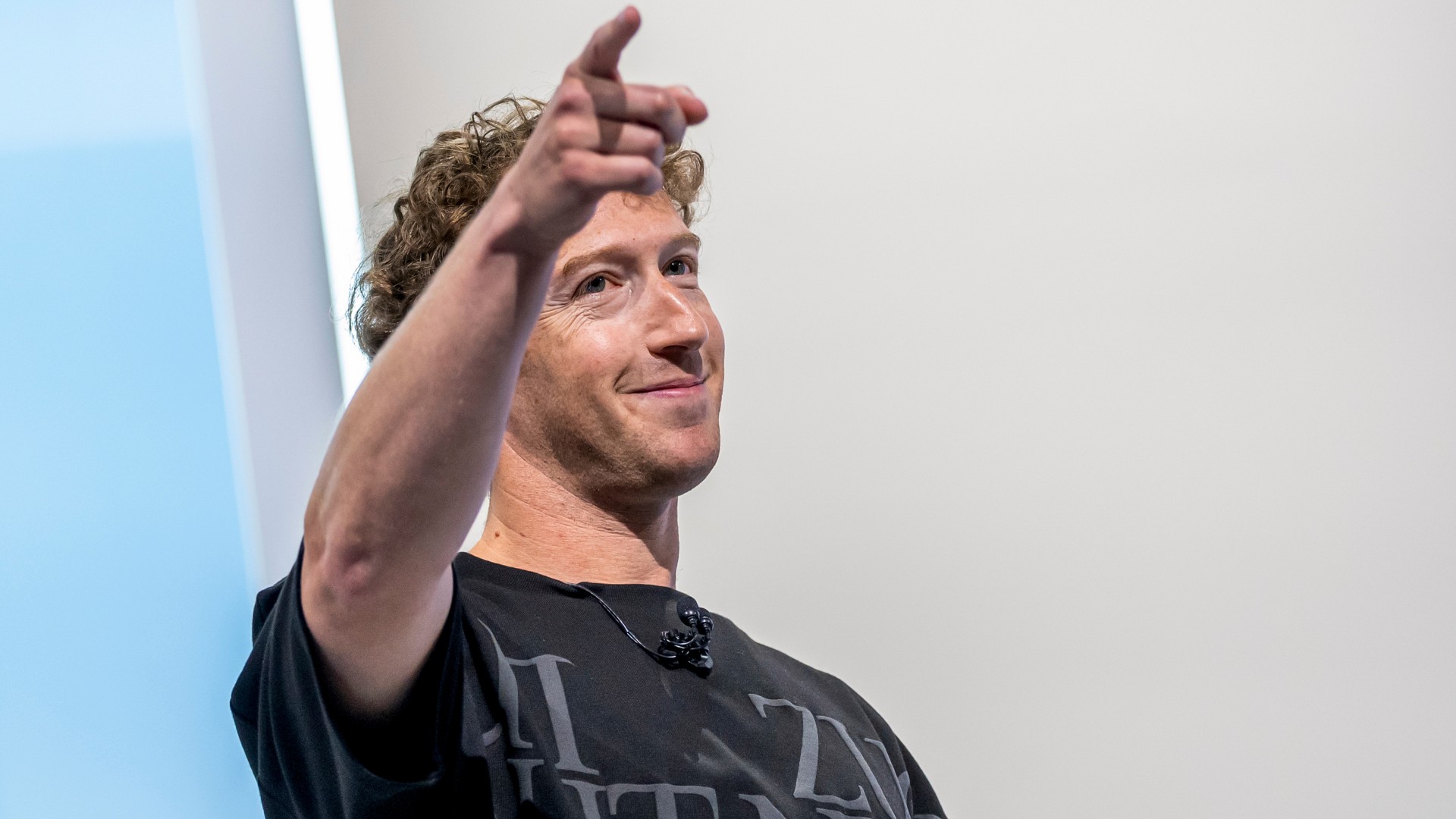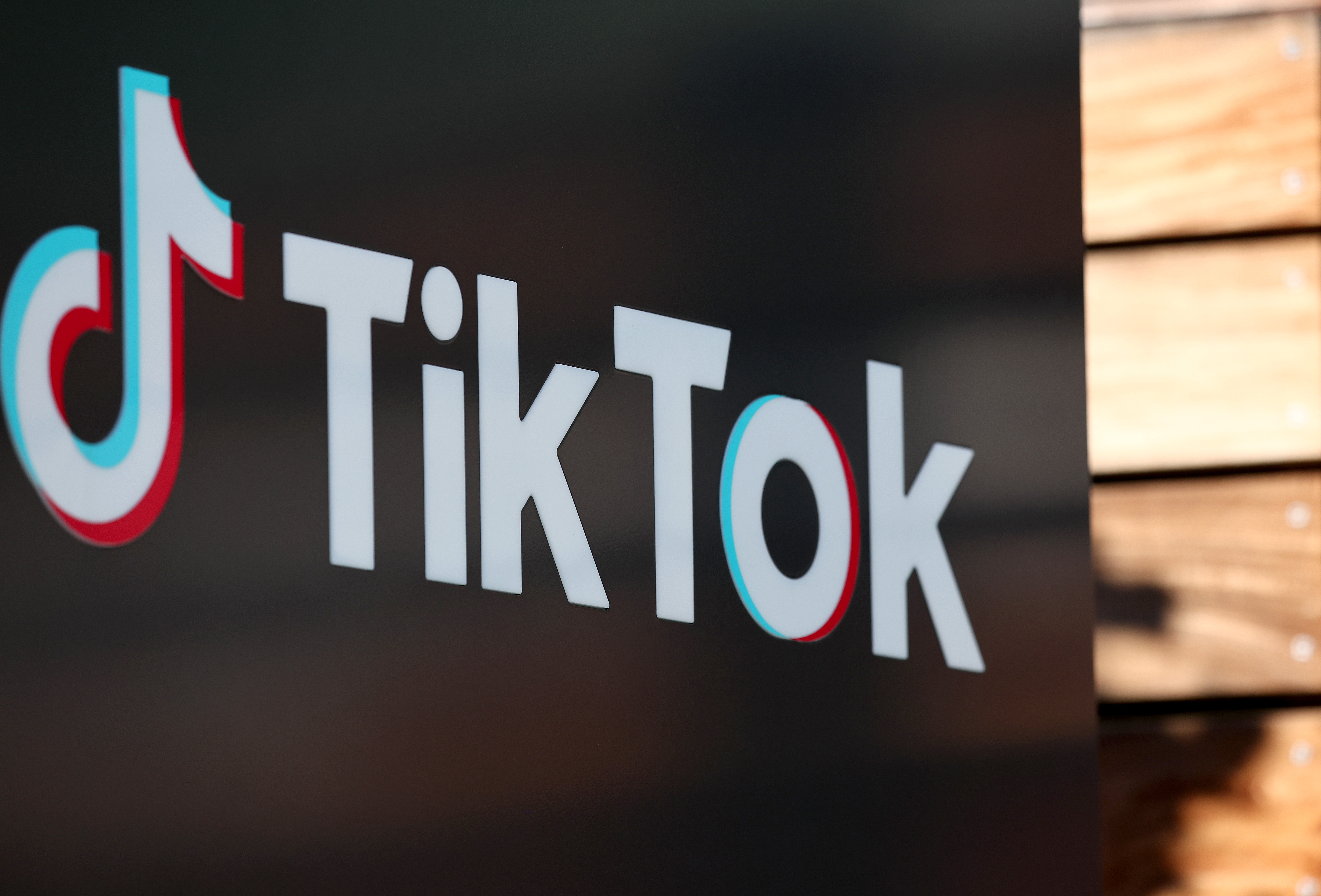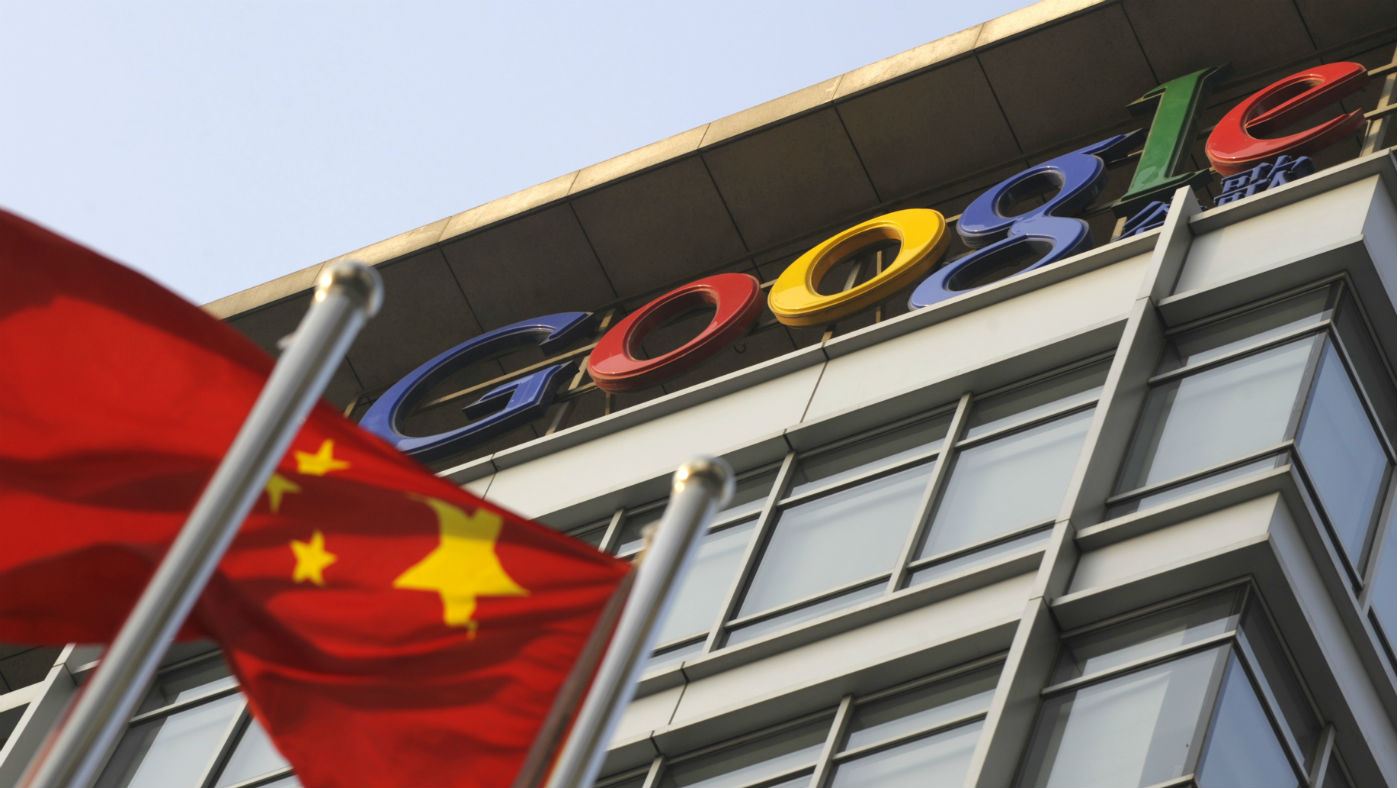How child safety internet laws could affect us all
Critics warn that the laws are subversive tactics aimed at free speech


A free daily email with the biggest news stories of the day – and the best features from TheWeek.com
You are now subscribed
Your newsletter sign-up was successful
In an effort to address the alarming teen mental health crisis, many lawmakers have turned their eyes to regulating what they can access online. While the goal to protect young people is laudable, the laws have been stirring concern among critics who argue the laws are setting dangerous precedents that could affect the future of free speech online for everyone.
On the state level, Louisiana was the first to pass a law requiring age verification with IDs for sites that host adult content. Other states followed suit in approving similar laws. Though the rules are written to protect children, critics argue they also dissuade adults who prefer anonymity from using the sites. The stigma around pornography makes many people unwilling to have their picture and government name attached to viewing such sites. Opponents also argue the laws "threaten digital privacy" because there's no way to "ensure that websites don't retain user identification data," The Associated Press reported. Mindgeek, the operator of Pornhub and other adult content sites, has blocked access to its sites in Utah, Mississippi, Virginia, and, most recently, Arkansas in protest of these laws.
The wave has also hit Congress, with Republicans pushing the Kids Online Safety Act (KOSA) in Congress. This law would require similar age verification for social media sites, among other things. It also requires sites to adhere to a "duty of care" to prevent access to content deemed harmful to the mental health of users under 16. Given that the bill is supported by "a slew of far-right, anti-LGBTQ organizations," opponents fear it will enable governments to censor LGBTQ+ content.
The Week
Escape your echo chamber. Get the facts behind the news, plus analysis from multiple perspectives.

Sign up for The Week's Free Newsletters
From our morning news briefing to a weekly Good News Newsletter, get the best of The Week delivered directly to your inbox.
From our morning news briefing to a weekly Good News Newsletter, get the best of The Week delivered directly to your inbox.
The laws are "an end run around the First Amendment"
Even though the age verification law in Utah doesn't say the sites are subject to persecution for not checking IDs, it does empower citizens to sue the sites if they don't comply. These state laws are "attempting to do an end run around the First Amendment by outsourcing censorship to citizens," said Alison Boden, executive director of the Free Speech Coalition. The organization recently lost a suit challenging the law's constitutionality in Utah. The workaround is a "new mechanism," though a "deeply flawed one." Boden noted that any attempts by the government to "chill speech" is unconstitutional "no matter the method."
KOSA's vague "duty of care" clause also poses a threat to free speech by targeting content online, "the overwhelming majority of which is constitutionally protected," wrote Ari Cohn, a First Amendment lawyer at TechFreedom, in a letter to lawmakers supporting the bill. The unconstitutionality of the clause is "highlighted by its vague and unmeetable nature." Platforms cannot be responsible for preventing and mitigating "the complex psychological issues that arise from circumstances across an individual's entire life," which could be reflected online, Cohn added. What might not be helpful for one teen could benefit others because adolescents aren't a monolith. The law would force platforms "to undertake an unworkable one-size-fits-all approach to deeply personal issues," Cohn asserted, "thus ultimately serving the best interests of no minors."
It'll be more harmful to teens in the long run
Although designed to protect young people, enforcing KOSA would have "damaging unintended consequences for young people," per a letter from a coalition of 90 advocacy groups opposing the law. The organizations "believe that the privacy, online safety, and digital well-being of children should be protected," but KOSA "would undermine those goals for all people, but especially children." The law would force platforms to use invasive monitoring tools and incentivize increased data collection for minors and adults. It would also undermine "the delivery of critical services to minors by public agencies like schools."
Requiring age verification and parental permission for minors to use social media is "a blow to the autonomy and privacy rights of older teens," Casey Newton wrote for The Verge. LGBTQ+ youth "who were once able to use social networks to connect with other queer youth in the face of disapproval or abuse from their parents," are also put at risk. "They'll now have a much harder time doing so," Newton pointed out. Beyond that, anyone who uploads government identification to the websites will "almost certainly one day find themselves victims of a future data breach in which hackers obtain that data and sell it on the open market."
A free daily email with the biggest news stories of the day – and the best features from TheWeek.com
Theara Coleman has worked as a staff writer at The Week since September 2022. She frequently writes about technology, education, literature and general news. She was previously a contributing writer and assistant editor at Honeysuckle Magazine, where she covered racial politics and cannabis industry news.
-
 What to know before filing your own taxes for the first time
What to know before filing your own taxes for the first timethe explainer Tackle this financial milestone with confidence
-
 The biggest box office flops of the 21st century
The biggest box office flops of the 21st centuryin depth Unnecessary remakes and turgid, expensive CGI-fests highlight this list of these most notorious box-office losers
-
 The 10 most infamous abductions in modern history
The 10 most infamous abductions in modern historyin depth The taking of Savannah Guthrie’s mother, Nancy, is the latest in a long string of high-profile kidnappings
-
 Will online age checks doom internet freedom?
Will online age checks doom internet freedom?Today's Big Question Or do they protect children from harm?
-
 Meta's right turn on red: Zuckerberg turns toward MAGA
Meta's right turn on red: Zuckerberg turns toward MAGATalking Points Zuckerberg is abandoning fact-checkers to embrace "free speech," a familiar refrain for Trump's cohort
-
 Cyberflashing, fake news and the new crimes in the Online Safety Act
Cyberflashing, fake news and the new crimes in the Online Safety ActThe Explainer UK's first conviction demonstrates scope of controversial law that critics describe as a threat to privacy and free speech
-
 Elon Musk's 'frivolous' but precedent-setting free speech fight with Media Matters
Elon Musk's 'frivolous' but precedent-setting free speech fight with Media MattersTalking Point The lawsuit is just the latest in Musk's ongoing tension with social media watchdogs
-
 How Montana's total TikTok ban is supposed to work
How Montana's total TikTok ban is supposed to workSpeed Read
-
 Elon Musk's Twitter abruptly suspends several journalists who cover Elon Musk and Twitter
Elon Musk's Twitter abruptly suspends several journalists who cover Elon Musk and TwitterSpeed Read
-
 Elon Musk bans Twitter account tracking his private jet, threatens 20-year-old owner with 'legal action'
Elon Musk bans Twitter account tracking his private jet, threatens 20-year-old owner with 'legal action'Speed Read
-
 Global internet freedom declines for eighth consecutive year
Global internet freedom declines for eighth consecutive yearSpeed Read Freedom House report finds more and more countries are following China’s lead and cracking down online
